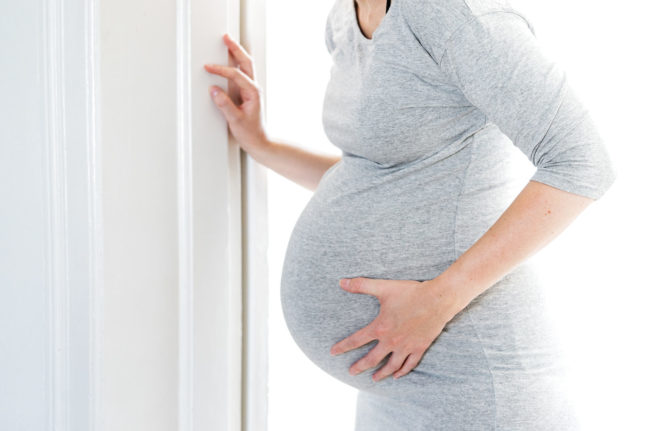The plan was presented by the government and allied parties on the left on Monday. The Alternative and Christian Democratic parties are also in support of the deal. It thereby has an overall parliamentary majority behind it.
The political deal sets aside 80 million kroner over a three-year period to be spent on recruiting and retaining midwives. It will be designed to stop the loss of staff in the sector seen in the Greater Copenhagen region in particular.
It will also give first-time mothers the option of staying in hospitals for up to two days after giving birth, should they choose to do so.
Mothers who choose not to stay at hospitals will have the right to a home visit post-birth.
Currently, mothers in some areas are discharged from hospital shortly after giving birth – within hours in some cases.
The new right for first-time mothers to stay in hospital for two days will come into effect this year, with the parties behind the deal to meet in 2024 with a view to extending it to all births.
The deal aims to improve working conditions for midwives and other maternity ward staff as part of the drive to recruit and retain them. Its practical details will be agreed with Danske Regioner, the representative board for the regional health authorities.
Funding for the investment in neonatal care in Denmark was put aside in the 2022 budget, with the agreement between parties on its spending now finalised.
A total of 475 million kroner will be spent on the area up to 2025.
“Everyone has the right to good care when giving birth and it has long been clear that conditions in the maternity sector must be improved,” Health Minister Magnus Heunicke said in a ministry statement.
Lis Munk, chairwoman of the Danish Midwives’ Association (Jordemoderforeningen), welcomed the agreement and noted “a recognition that there is not (currently) the number of staff that we need”, but also said that as many as 200 new midwives may be needed.
“Nowadays, women in labour may well find that there is neither a room nor a midwife for you when you need one,” Munk told news wire Ritzau.
“And then you end up being alone for a large part of the birth,” she said.
Denmark saw considerable debate in 2021 relating to the standard of maternity care in the country, with several cases of mothers and staff describing what they considered below-par conditions. These include reports by broadcaster DR and magazine Femina of Caesarian sections that were necessary because problems during births were not detected early enough, because of a lack of adequate staffing.
Other criticism related to new mothers being discharged from hospitals within hours of giving birth and before they felt ready to leave.



 Please whitelist us to continue reading.
Please whitelist us to continue reading.
Member comments